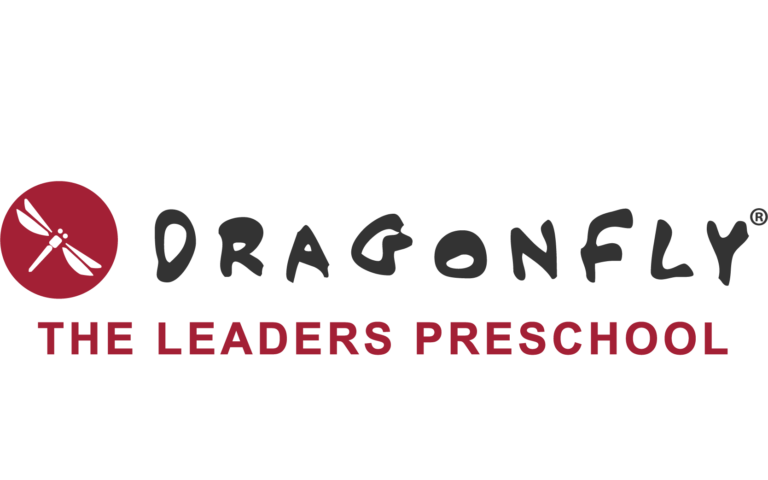Confidence and Independence
Welcome to our exploration of confidence and independence in child development. This crucial area plays a vital role in shaping children aged 2-7, with lasting impacts through age 12 and beyond. As we delve into this topic, we'll address various challenges that young children face, from fear of failure to difficulty adapting to new environments. Many of these issues are interconnected. For instance, self-doubt often leads to a fear of expressing opinions and an overreliance on parental support. Similarly, a lack of self-identity can result in excessive dependence on external validation. These challenges manifest differently across age groups, but they're particularly pronounced in children aged 2-7, a critical period for developing self-assurance and autonomy. Early identification and intervention are key to addressing these concerns. Left unchecked, issues like inadequate self-care skills or an unwillingness to take on age-appropriate responsibilities can hinder a child's long-term development. By focusing on these areas, we aim to nurture self-reliant leaders – children who are confident, independent, and ready to face life's challenges head-on. Innovative educational approaches can be instrumental in tackling these issues. Methods that foster life skills, encourage independent exploration, and enhance communication abilities can significantly boost a child's confidence and independence. By integrating collaborative learning and problem-solving opportunities, we can help children develop crucial skills while building their self-assurance. In the following sections, we'll delve deeper into each aspect of confidence and independence, offering age-specific advice and practical strategies. We'll introduce the concept of "15-minute conversation practices" as a tool for parents and educators to address these challenges effectively. Join us as we explore how to empower our children, nurturing them into self-reliant leaders ready to thrive in an ever-changing world.

